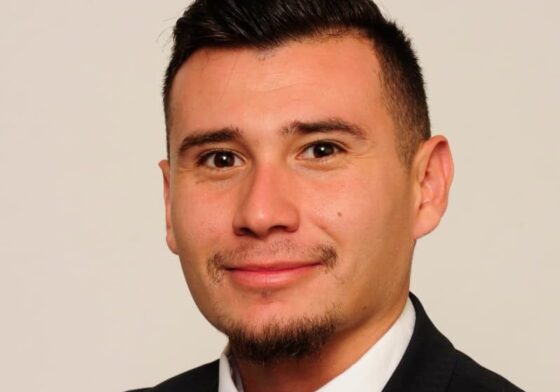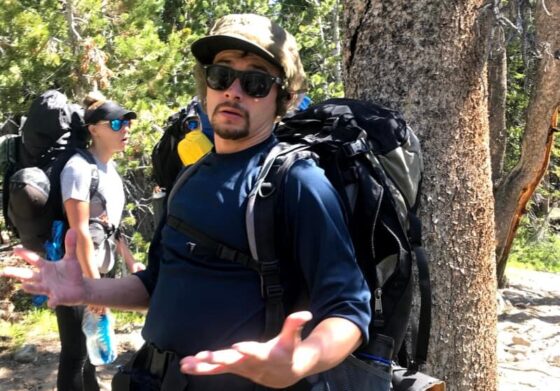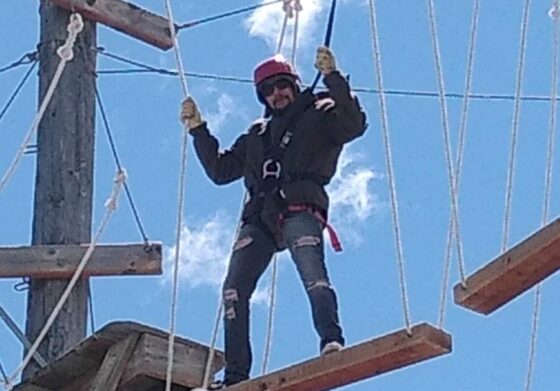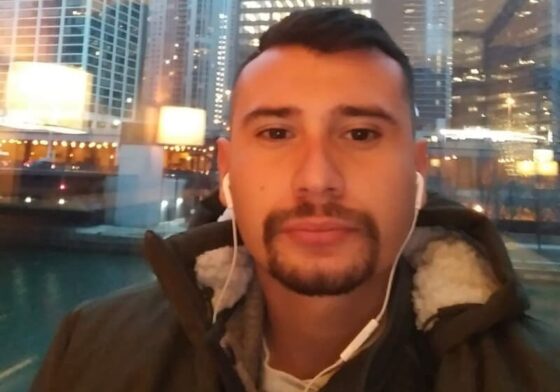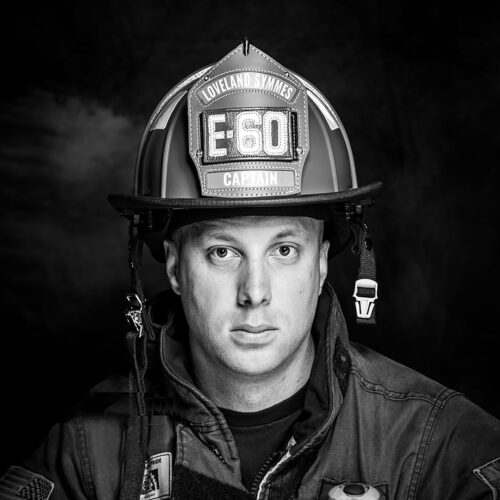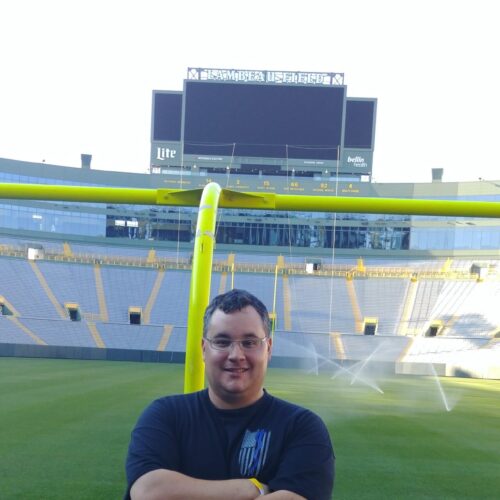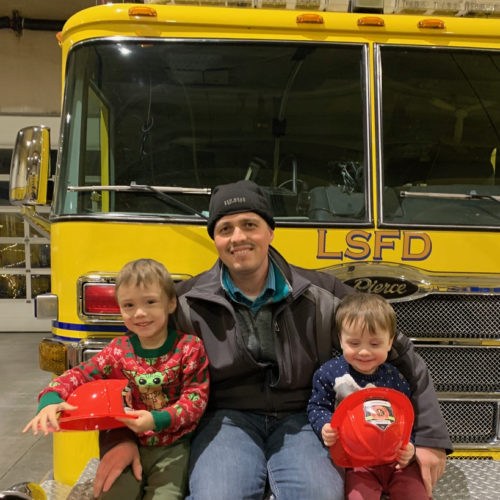At 21 years old, I was juggling part-time college classes with multiple jobs. In my spare time, I was usually playing sports, getting outside, or spending time with my nieces and nephews.
The first health change I noticed was a swollen testicle, and I felt embarrassed. I was worried it was an STD, which I really didn’t want, and also didn’t want anyone else to find out about. I hoped it would go away, but it didn’t; one testicle stayed swollen and larger than the other. The problem was, I was afraid to go to the doctor to see what was wrong.
I was molested twice when I was younger, so I did not want to be touched by a stranger — even a doctor. It was a really traumatic experience that I didn’t want to relive. After it happened, my parents thought I was fine and I never got help. Instead, I just tried to block out this horrible thing that happened to me.
Going to the doctor meant facing what had happened and being okay with someone touching my private areas during treatment. I was struggling and going back and forth between my fears and also wanting to be healthy for my nieces and nephews. They have a tough family situation, so I want to be a positive influence in their life.
“Telling my doctors that I wasn’t feeling right and asking them to retest me got me the treatment I needed and gave me my life back.”
I knew that I needed to go to the doctor, because for my nieces and nephews to have the best life possible, I have to be here on earth. I kept that in mind to overcome the fear to make my first doctor’s appointment. After a couple appointments and tests, I learned that I had testicular cancer and would need surgery.
They removed one of my testicles and thought they got all the cancer, but I still wasn’t feeling good. I was still in pain in that area, but the doctors attributed it to anxiety or stress. I finally convinced them to do another scan, and we found out that the cancer had spread to my lymph nodes and I needed another surgery.
I’m cancer-free now, and self-advocacy saved my life. Telling my doctors that I wasn’t feeling right and asking them to retest me got me the treatment I needed and gave me my life back.
I’m cancer-free now. Telling my doctors that I wasn’t feeling right and asking them to retest me got me the treatment I needed and gave me my life back.
To others that might be scared about seeing a doctor or other health care provider, I’d say to find a support system. I had support at my job training program, and from a doctor at a youth homeless drop-in center I had been going to, who came to appointments with me and helped me understand all the terms the doctors were using.
Cancer isn’t just within your body — it can affect different parts of your life, like your finances and relationships. It affects physical health and mental health, so you need a support system and to take advantage of resources that are out there to help.
Symptom
- swollen testicle
Update
After being diagnosed with cancer and having my surgery, I struggled to find a job that would provide me with the insurance necessary to cover my follow-up care. I was worried about how this would impact my finances and my overall health. Thankfully, fate intervened. Before I was diagnosed with cancer, I volunteered my time helping students with disabilities learn how they can utilize the school employment program. Because of this, I was offered a position at an independent living center. I am very passionate about the work being done by the center and the services they provide.
My work has been so fulfilling, but I was craving connection with others who had also experienced cancer. I have been fortunate to connect with a few cancer organizations where I have found peer support, and have now transitioned to a leadership role, hosting meet-ups in-person and virtually for other cancer survivors and speaking at cancer conferences. I am also excited to start working with DetecTogether, sharing my story with students as part of their Young Adult Education program.
Cancer and its aftermath has been a challenging time for me, but in the end, it helped me find my voice and my passion. Early detection and self-advocacy saved my life, and I look forward to helping to empower young adults to pay attention to health changes, speak up to someone who you trust, and listen to your instincts.
